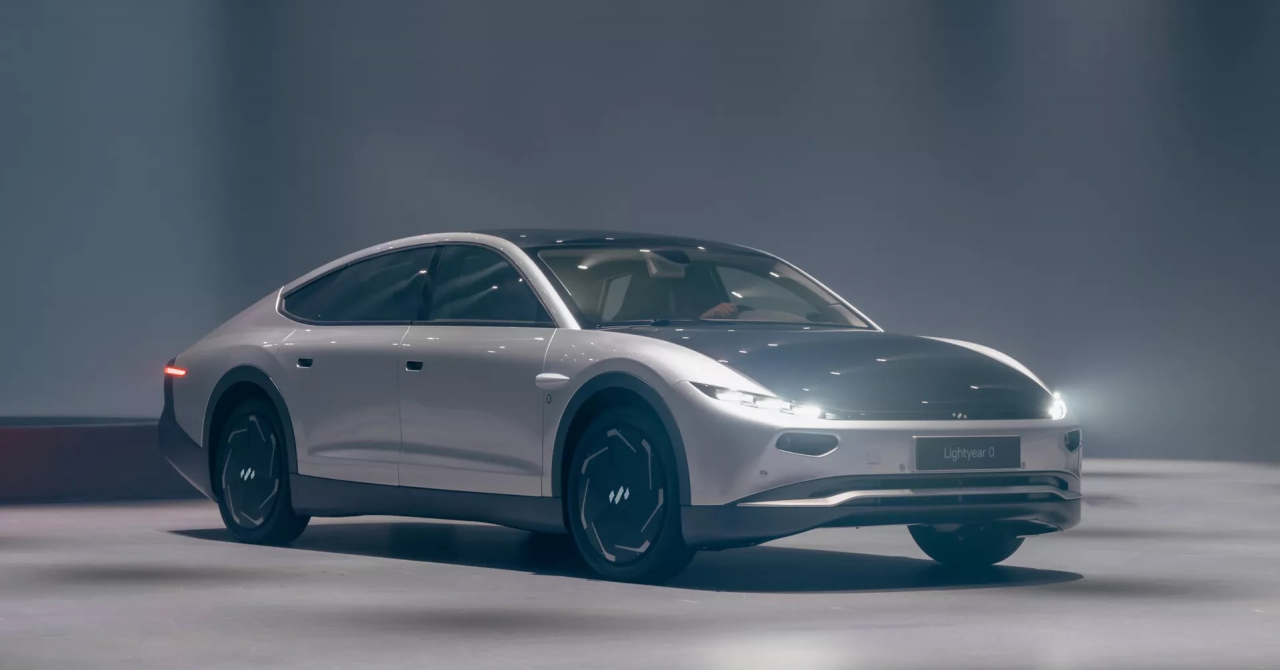According to Input, Lightyear 0, which was named Lightyear One in the past, has a five square meter solar panel system built on top and it can allow the car to drive "for months without charging."
Lightyear claims that, if the car is driven for around 35 kilometers per day, it can go without a recharge in a cloudy area for as much as two months, and even for as much as 7 months without needing to be plugged in when it comes to a city that is basking in the sunlight.
While there are still some verifications being conducted, the car has an estimated range of 625 kilometers with the integrated 60kWh battery.
If the weather conditions are optimal, the Lightyear 0 can add 70 kilometers per day to that via the solar panels that are built-in. The company claims that under ideal conditions, the car can harness as much as 11.000 kilometers worth of solar power per year.
If there's the need to plug in, the car charges 32 kilometers of range in an hour through a home socket, while a public charging station can add 200 kilometers per hour. Fast charging station can charge 520 kilometers in an hour while the solar panels are slower, giving you 10 kilometers of range in an hour.

Photo source: Lightyear
The Lightyear 0 isn't a speed-oriented EV, with 0-100 km/h taking 10 seconds and the top speed being 160 km/h. This vehicle isn't for sporty drivers, but rather for those who want to take range anxiety to an absolute minimum.
The car's 0.19 drag coefficient makes it one of the most efficient family EVs in the world.
The car is also focused on sustainability, with most of the interior being made of vegan and naturally-sourced materials, including suede seats and ecological microfiber. The car's exterior is made with recycled carbon.
Lex Hoefsloot, co-founder of Lightyear, said that "after six years of testing, iterating, (re)designing, and countless obstacles, Lightyear 0 is proof that the impossible is actually possible."
The Lightyear 0 will be produced in a limited edition of 946 vehicles and each will cost 250.000 euros, with production starting in the fall.
Lightyear is already working on a new series model, called the Lightyear Two, which should come around 2024-2025 and will cost around 30.000 euros.
Photo source: Lightyear
 Mihai - Cristian Ioniță
Mihai - Cristian Ioniță












Any thoughts?